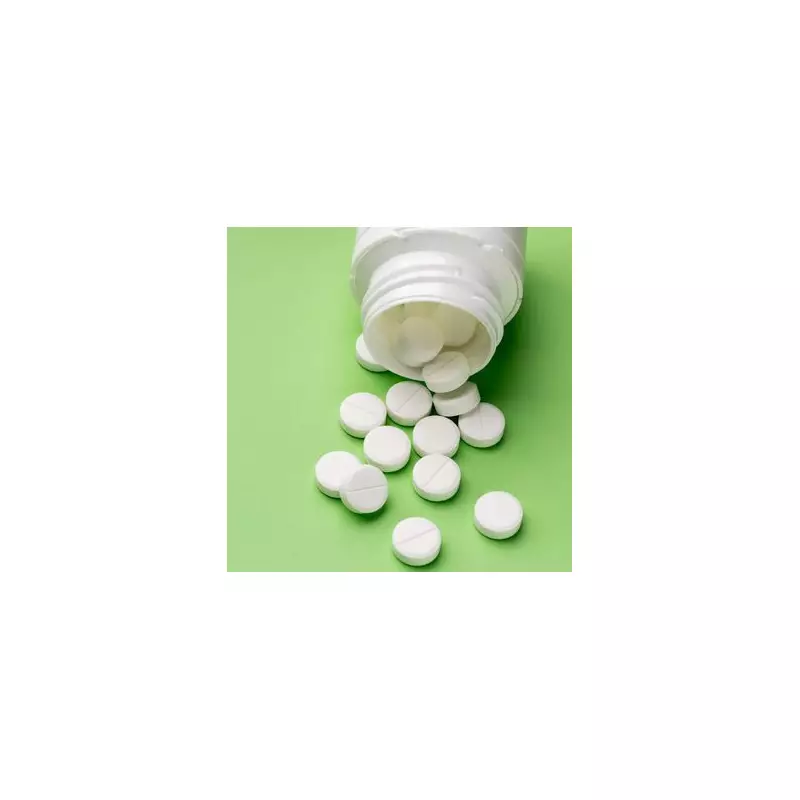
In what could be the most significant breakthrough in obesity treatment in decades, pharmaceutical giants are heralding a new weight loss pill that promises to outshine the current wave of injectable drugs.
The drug, named Survodutide, is the result of a collaboration between Boehringer Ingelheim and Zealand Pharma. Early clinical trials have yielded what experts are calling 'miraculous' results, suggesting its potency could be double that of the wildly popular semaglutide-based treatments like Ozempic and Wegovy.
A Paradigm Shift in Obesity Management
The key to Survodutide's potential superiority lies in its unique dual-action mechanism. Unlike existing GLP-1 drugs that primarily mimic one gut hormone to suppress appetite, this new pill operates on two fronts.
It acts as an agonist for both the GLP-1 and glucagon receptors. This means it not only helps manage hunger and calorie intake like its predecessors but also significantly boosts the body's own energy expenditure, effectively forcing it to burn more fat.
Groundbreaking Trial Results
The data, recently presented at the European Congress on Obesity, is nothing short of impressive. After just 46 weeks of treatment, participants taking a specific dosage of Survodutide witnessed an average weight reduction of 18.7%.
This figure starkly contrasts with the average results from other leading drugs, positioning Survodutide as a potential game-changer for millions struggling with obesity.
The Crucial Advantage: A Pill, Not a Jab
Perhaps the most compelling aspect for patients is the delivery method. The global success of Ozempic has been somewhat hampered by its requirement for weekly injections, a deterrent for some individuals.
Survodutide's development as an oral tablet could dismantle this barrier entirely, offering a more convenient and accessible option that could dramatically increase uptake and adherence to treatment plans.
A Cautious Road Ahead
Despite the overwhelming optimism, researchers and doctors are urging cautious excitement. As with all powerful medications, Survodutide comes with a profile of side effects.
Most reported adverse events were gastrointestinal in nature, including nausea and vomiting, and were described as mostly mild to moderate. Further large-scale and long-term studies are essential to fully understand its safety and efficacy profile before it can seek approval from bodies like the UK's Medicines and Healthcare products Regulatory Agency (MHRA).
If it continues on its current trajectory, Survodutide isn't just another weight loss drug; it represents a bold leap forward in the medical fight against obesity, offering new hope for a simpler, more effective treatment.





